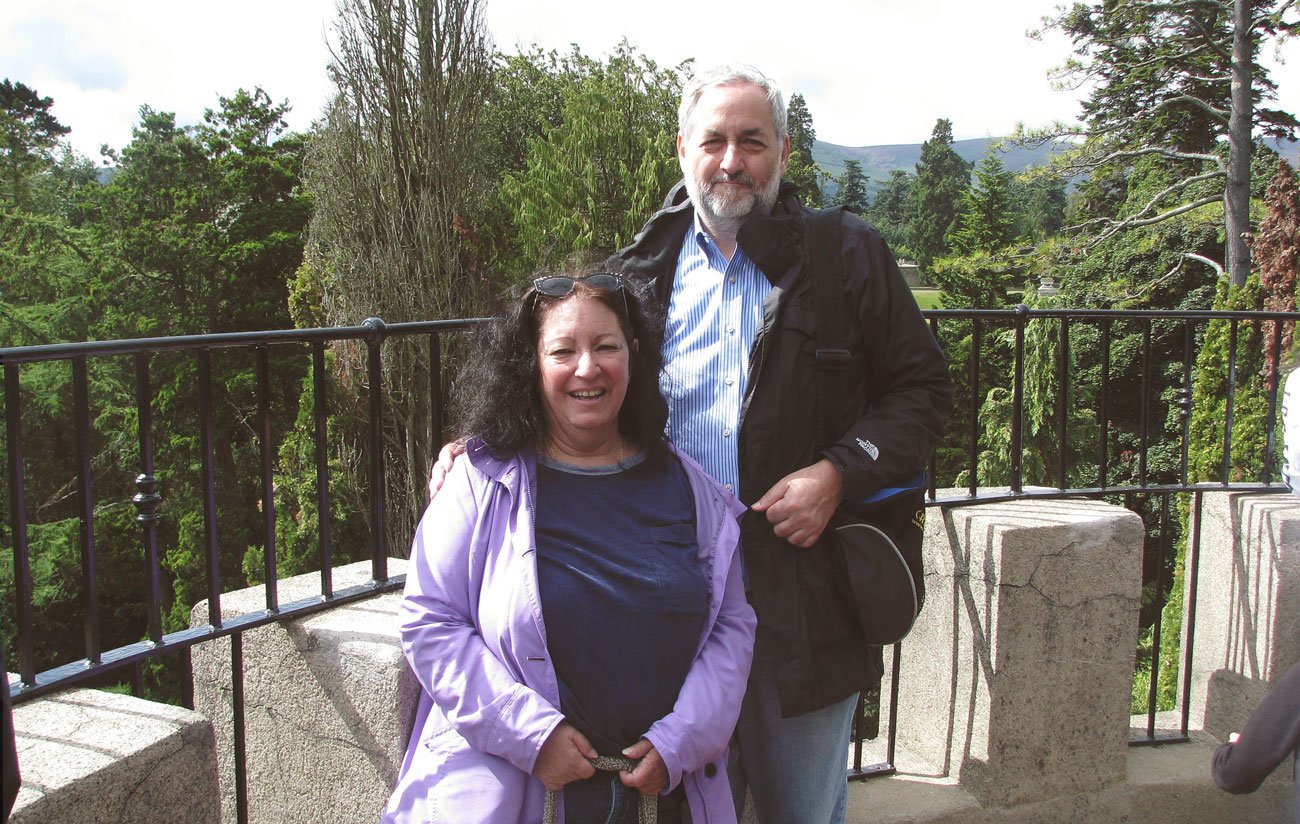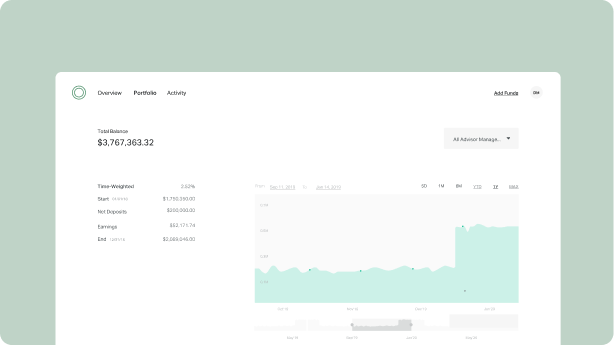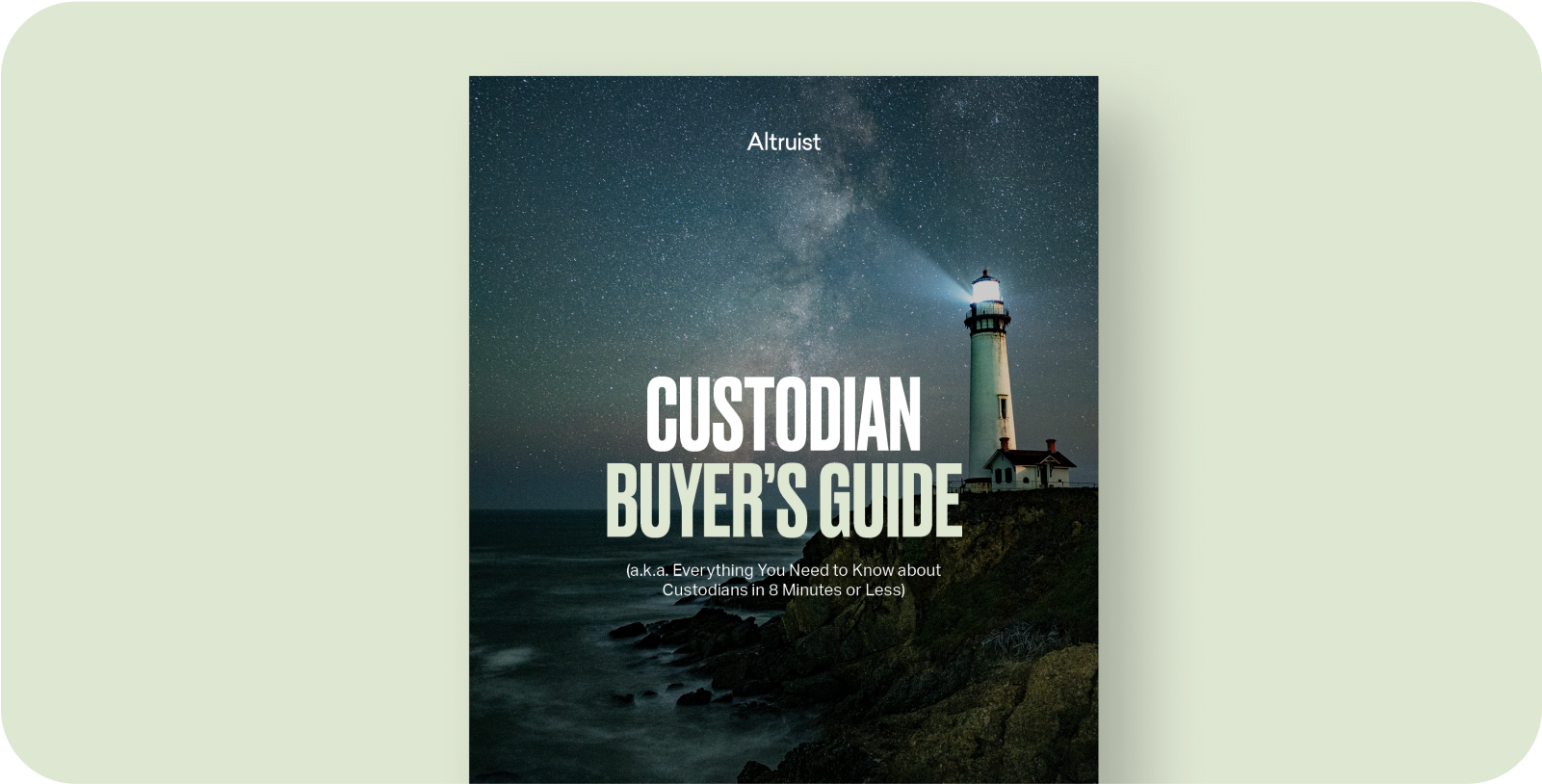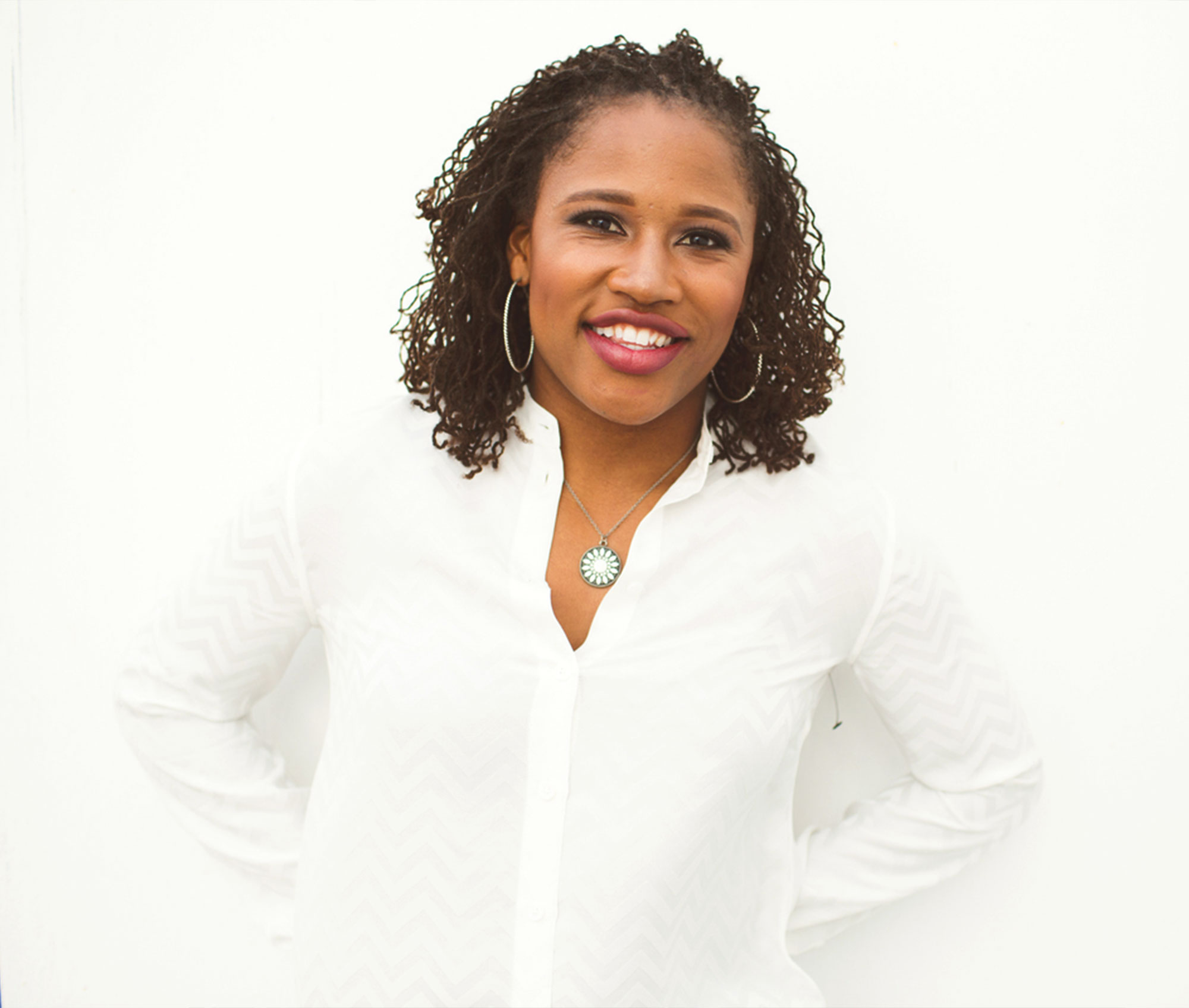At Altruist, we believe good financial advisors equipped with great tools provide investors with the best possibility for success.
Our software will make advisors more efficient and give them the freedom to charge less while automatically optimizing their advice so real people can do better with their money.
That’s why we created Altruist.
And that’s also why we’ve interviewed actual clients about financial advisors and providing key takeaways about why they choose their advisor, why they stay, and why they leave.
Jeff Ruskin, a recently retired 63-year old who, over the years, has worked with various financial advisors and online personal wealth management tools. Jeff has a portfolio in the seven-figure range and is a relatively hands-on investor who has more recently started dabbling with robo advisors.
 Since retiring, Jeff and his wife have been on several cruises traveling the globe.
Since retiring, Jeff and his wife have been on several cruises traveling the globe.
In this article, you’ll discover why he chose his financial advisors and what turned him off to some of those advisors—with some tips along the way for your own practice.
Jeff worked for a university for 11 years and then for a major technology corporation for 29 years. To manage his investments, he’s worked with a variety of institutions over the years but currently has all of his assets with these three:
- Fidelity
Jeff’s investments in Fidelity are all self-managed and split between domestic stock, international stock, domestic bond, and index funds. They're all under 0.10% expense ratios with no advisory fee. His 401(k) is with them, he’s considered a Private Client, and he was assigned a financial advisor who he can speak with if needed but is not charged a fee. - Personal Capital
Personal Capital offers a myriad of services once you get to the ‘Private Client’ level like Jeff. “In fact, it's as much or more than you get from a full-service broker,” Jeff says. He’s happy with the level of fee transparency and appreciates the quarterly phone calls with a human wealth manager to discuss strategy and any issues that come up. - Wealthfront
When Jeff opened his account, he was given a first-$5k-managed-free deal and everyone he referred, he received another $5k free. Jeff has a very small percentage of total assets there and opened an account just to explore what options were out there and take advantage of the deal.
What won Jeff over
Before landing on these 3 companies to manage his assets, Jeff had a lot of his money with Wells Fargo, including funds for his children. His wife also inherited a good chunk of money from her mother that Morgan Stanley managed, so they stuck with them for a period of time.
When he worked at the university, Jeff’s 403(b) was with TIAA, which assigned him a personal wealth management advisor in Manhattan who reached out to Jeff in 2012.
“They cold called me because I had my 403(b) with them, but it had not been added to in over 20 years since I had left the university,” he says.
One thing that he liked was their offer to help him move his 403(b) investments to something more suitable. What also engaged him was the phone call from the representative who introduced themselves as his personal wealth manager. He didn’t think of himself as someone who had much wealth to manage, so he was impressed that the advisor took an interest.
“Prior to using them, I had been dealing with brokers and was not happy with my current financial situation, so I welcomed someone taking an interest in me and hoped I could clean things up and get on a better track,” Jeff says.
The TIAA advisor sent him crystal clear reports that detailed his holdings and offered recommendations for improvement, which he appreciated. Early on, it seemed like they really cared about him and that he was part of the TIAA family.
Jeff was drawn to Fidelity by their 2% cash back credit card. After taking a look at their favorable fees, he ended up opening a brokerage account as well.
He opened a Personal Capital account because of its free tools to assess existing investments. They showed him his current asset allocation and how he could be doing better. He also liked how transparent they were with the fees they’d be charging. After moving money over, they assigned him a personal advisor that reviewed his situation with him over the phone.
Takeaways
People don’t like change, so most will keep their money in an already established account. To win them over, you will need to display value and give them individualized, personal attention on the regular. It also helps to provide some kind of incentive up front.
With how readily available information is in today’s world, investors are becoming very savvy. If you give your clients any reason to jump ship, they will. Like we discussed in our last article, if you aren’t upfront with your fees and what’s going on behind the scenes, clients will not be happy when they learn on their own.
Jeff isn’t a special case. He’s an average retiree with the internet at his fingertips. Your service needs to be top notch from start to finish.
This is why Altruist is building tools into our platform that will make communication with your clients (at scale) a breeze. Our software will also automate a lot of the heavy lifting so your clients’ assets are always being looked after—with you in control of the ship.
Why does Jeff stay with a certain advisor?
Results, says Jeff, is the main impetus for sticking with an advisor.
Other factors:
Low Fees
Transparency
Communication
Appreciation
“If fees are a bit higher but the returns are solid and we have a good relationship, I don’t think that the high fees alone would be enough to cause me to switch advisors,” Jeff says.
What didn’t work
Jeff’s initial experience with his Wells Fargo advisor many years ago left him feeling burned because he lost a lot of money with the firm.
“They weren’t actively managing this at all; they didn’t tell me to move my money at any point during the market downturn,” Jeff explains.
With Morgan Stanley, Jeff says that he left because, in the beginning, they acted like they cared about him but then quickly tapered off communication. The money they managed that they inherited from his mother-in-law was a large sum and he was surprised the advisor didn’t invite him out to dinner at any point after the transition. The company did send his family oranges at Christmas, but ultimately the account wasn’t performing well and the fees were high, so he pulled out.

He became dissatisfied with TIAA because the company was charging a hefty fee but leaving money in mutual funds—in other words, TIAA wasn’t actively managing Jeff’s money. Jeff wasn’t happy that he was paying both a fee for mutual funds and to TIAA.
“They lost me when I did not see any active management on the account but was being charged an advisory fee in addition to mid-range expense ratios on the funds they had me invested in,” Jeff explains.
It also bothered him that when he moved his money from Wells Fargo to TIAA, they refused to cover the cost of closing the account.
Before closing his TIAA account, Jeff did warn them and gave a 6-month notice, and company reps said they would take care of the issues, but did nothing to improve his situation. Again, he was upset that the advisor from TIAA never offered to take him to lunch or show any other sign of appreciation for his business along the way.
 Take your client to lunch.
Take your client to lunch.
Feeling discouraged about his multiple negative experiences with advisors, Jeff joined a ‘Bogleheads’ message board (inspired by the late Jack Bogle), that provided investment advice to equip himself with much-needed knowledge as he neared retirement. This helped direct his strategy and move him toward a more advisor-free, autonomous approach.
Takeaways
It’s simple, really. Take care of your client. They’re trusting you with a lot, in many cases, their life savings. You need to treat each client like they’re important (because they are).
We recognize how difficult it can be to offer good advice to a large number of people AND stay in regular contact. This is why Altruist is developing a beautifully simple platform that automates the heavy lifting and helps you focus on client relationships and building your business.
Clients also expect you to actively manage their wealth. Our tools will help you be more proactive and regularly communicate what you’ve done to help optimize their investments.
What else matters
Jeff admits that he wants his financial advisor to wine and dine him a bit—literally by taking him to lunch maybe once a year—and show an interest in his personal life. After all, he is investing a lot of money.
Feeling appreciated matters, he explains. For instance, Fidelity has a private client group for those investing seven figures, and as part of it, customers receive a free copy of TurboTax Premier each year. Why should you care about a $60 piece of software when you have such a large net wealth, Jeff wonders?
“I don’t know, but you do,” Jeff points out.
He also likes that Fidelity holds events, like a recent estate planning holiday dinner workshop, to help educate him and show their appreciation.
Personal Capital also holds customer appreciation events and regularly send him small tokens of appreciation, like a notification that they donated some money in his name.
He notes that it doesn’t bother him that he doesn’t get to meet with his Personal Capital advisor in person, but it is a nice added bonus when there is that personal connection.
 Group lunch or dinner events are a simple and low-cost way to stay in touch with clients.
Group lunch or dinner events are a simple and low-cost way to stay in touch with clients.
Takeaways
Personal touches go a long way. It can be difficult to give individualized attention to every client, but holding client appreciation events is a simple way to give 1-on-1 attention to clients at scale. Holding a dinner, happy hour, or similar social event is a low-cost way to stay at the forefront of your client’s mind.
Sometimes, simply offering is enough to show that you care.
What Jeff wants now that he’s retired
Because he is now retired, Jeff is concerned about successfully managing that money through retirement—and minimizing his tax burden. He wants more advice on tax and legal information than he’s getting from his current mix. This is especially spurred because he had to pay taxes on a large capital gain last year, and was impacted by changes in the tax law.
“I would love more recommendations for my tax situation,” he says.
Takeaways
Finding ways to incorporate more proactive wealth management tips, including for smart tax strategy, is key in competing with robo advice and large brokerage firms.
At Altruist, we’re building simple alerts into our system that will notify you of opportunities so that you can be your client’s hero on the regular.
There’s an old adage that says you can’t get something that’s cheap, good, and quick. You’ll always have to sacrifice either speed, cost, or quality to get the other two.
For financial advisors, it’s a triangle of cost, performance, and relationship. Quality human advice will always cost a premium, but for that price, your client should outperform the alternative and benefit from a personal relationship with you.
With investment tools and information becoming more and more readily available to investors, financial advisors will have to provide more than a passive approach to taking care of their clients. There's still a demand for quality advice that comes with a human connection, but you'll need to be proactive to win their trust and keep their business.
The good news is that Altruist has built a commission-free, completely digital brokerage platform that will help you reduce your cost as much as possible so you can pass those savings on to your client. Our platform will also help you deliver that human connection at scale by making your business more efficient.
But sometimes, all it takes is a simple lunch. Show your clients that they’re important to you.














